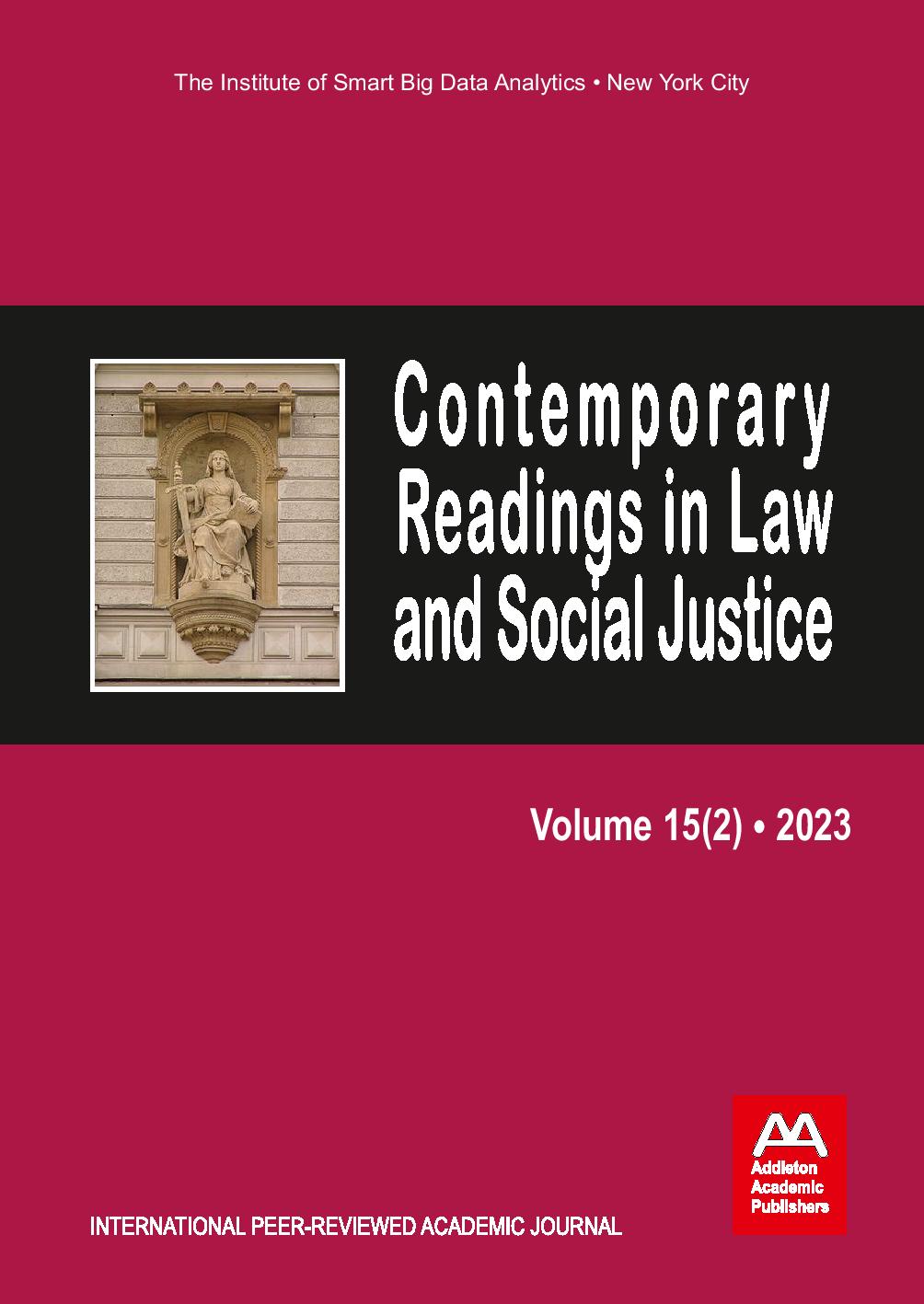Immersive Haptic Experiences, Data-driven Cognitive and Affective Processes, and Generative Artificial Intelligence and 3D Virtual Simulation Technologies in Virtual Work Environments
Immersive Haptic Experiences, Data-driven Cognitive and Affective Processes, and Generative Artificial Intelligence and 3D Virtual Simulation Technologies in Virtual Work Environments
Author(s): Claudia-Irina AldeaSubject(s): Labor relations, Social development, ICT Information and Communications Technologies
Published by: Addleton Academic Publishers
Keywords: immersive haptic experience; cognitive and affective process; generative artificial intelligence; 3D virtual simulation technologies; virtual work environments;
Summary/Abstract: The present study systematically reviews the existing research on generative artificial intelligence and behavioral modeling tools pivotal in efficient workforce development, in talent attraction and retention, and in virtual human resource management. Our findings indicate that generative artificial intelligence and 3D virtual simulation technologies can deploy multi-sensory augmented reality and visual data mining systems, employee engagement metrics, and computer vision algorithms in immersive workspaces. I contribute to the literature by clarifying that generative artificial intelligence and machine learning-based predictive technologies can harness employee engagement analytics, cognitive and affective metrics, and mobile biometric and sentiment data. Throughout May 2023, a quantitative literature review of the Web of Science, Scopus, and ProQuest databases was performed, with search terms including “virtual work environments” + “immersive haptic experiences,” “data-driven cognitive and affective processes,” and “generative artificial intelligence and 3D virtual simulation technologies.” As research published in 2023 was inspected, only 169 articles satisfied the eligibility criteria, and 53 mainly empirical sources were selected. Data visualization tools: Dimensions (bibliometric mapping) and VOSviewer (layout algorithms). Reporting quality assessment tool: PRISMA. Methodological quality assessment tools include: AMSTAR, Dedoose, Distiller SR, and SRDR.
Journal: Contemporary Readings in Law and Social Justice
- Issue Year: 15/2023
- Issue No: 2
- Page Range: 141-159
- Page Count: 19
- Language: English
- Content File-PDF

